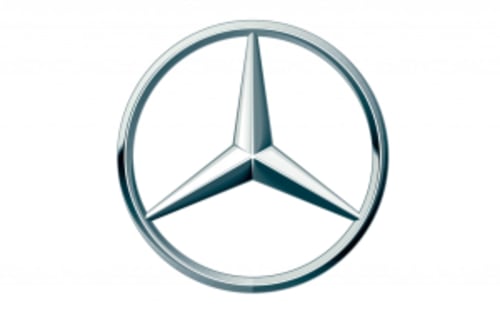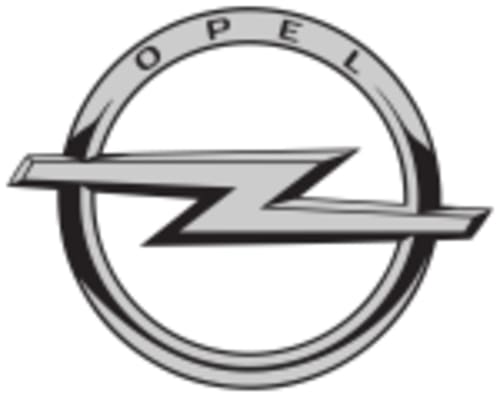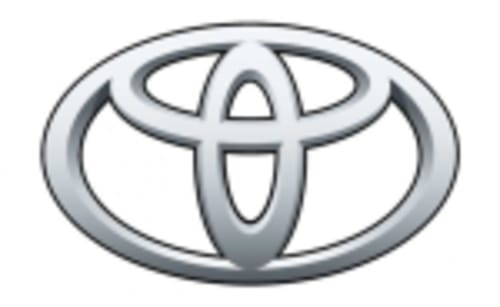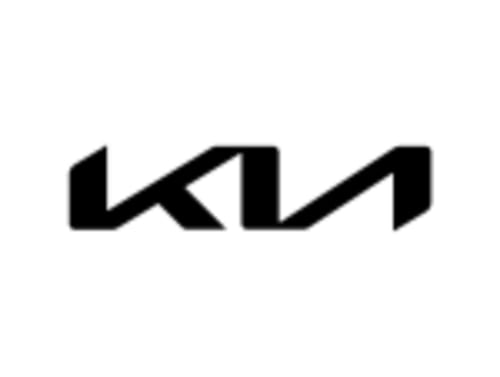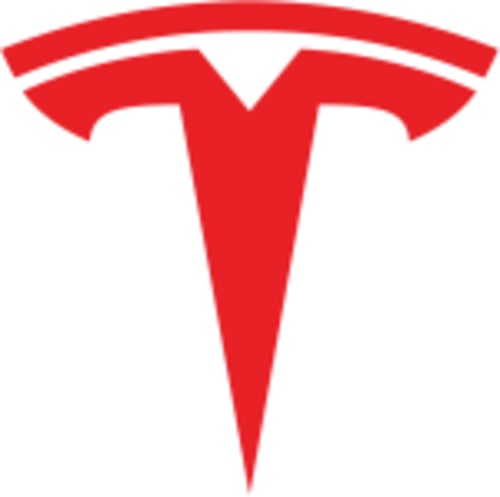Information and electric vehicles of the [object Object] brand
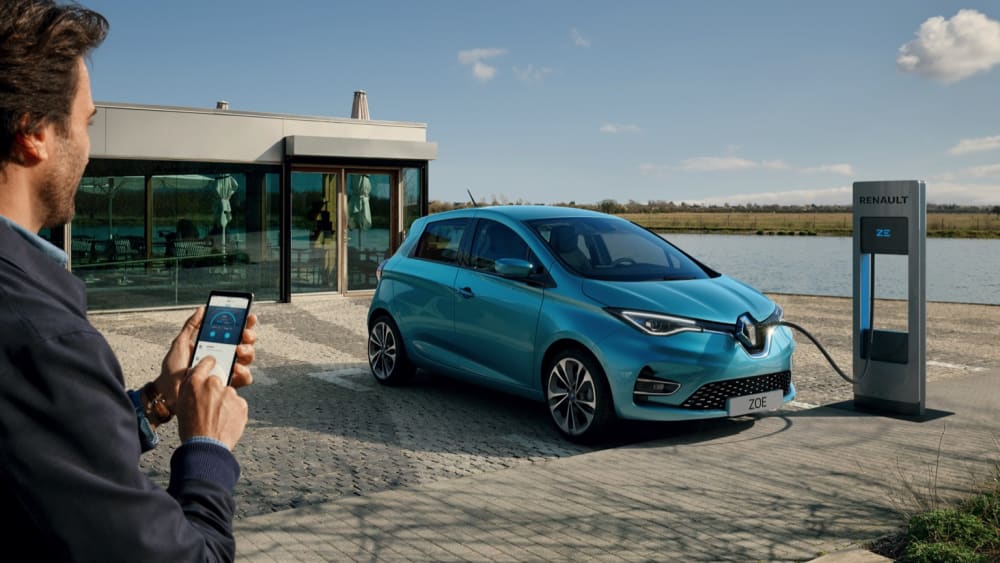
![[object Object] logo](https://res.cloudinary.com/donyiousk/image/upload/w_80/f_auto/c_scale,w_500/v1/car/ybvoexpqdzf6creqreu6)
Renault
Silence is the new speed.

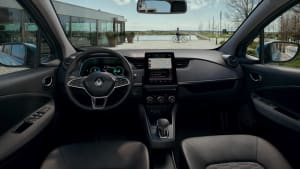
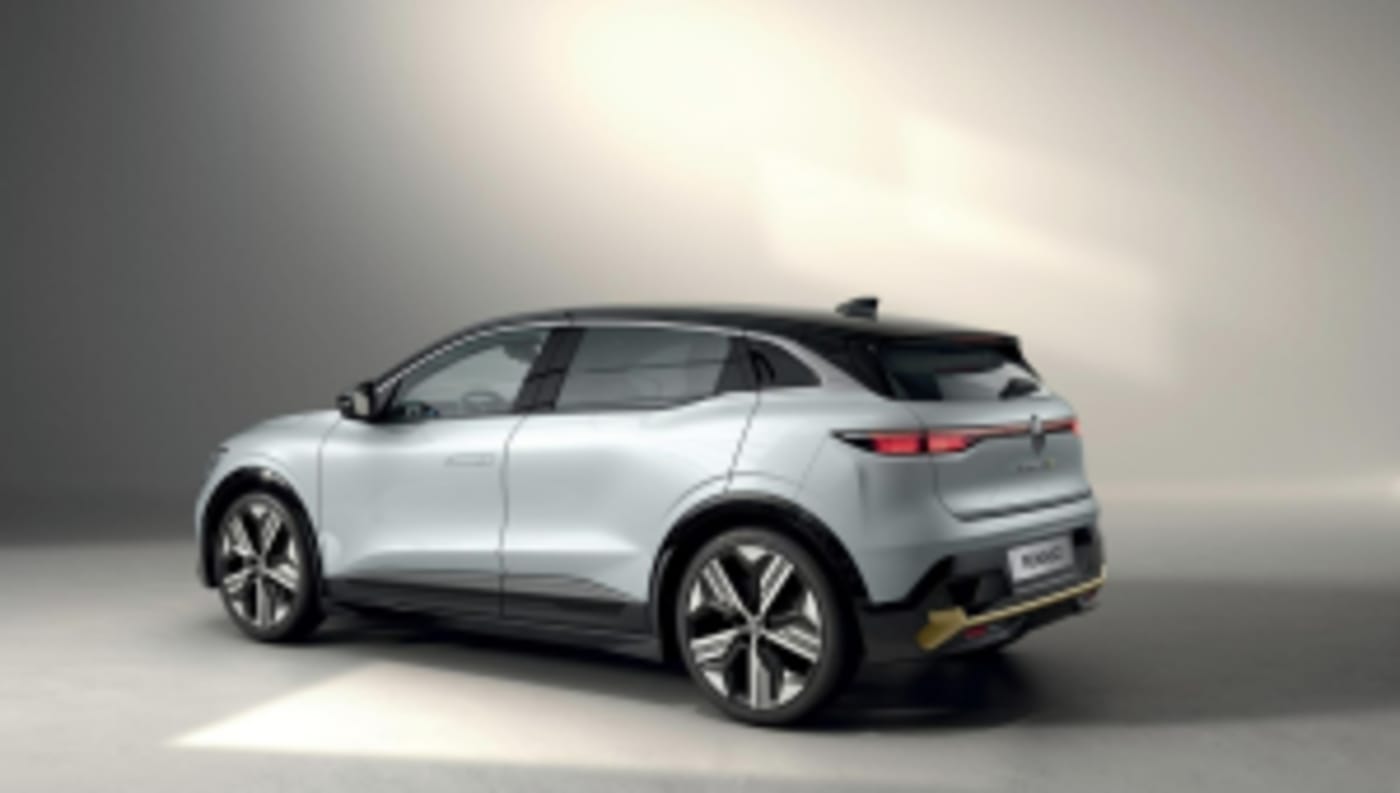
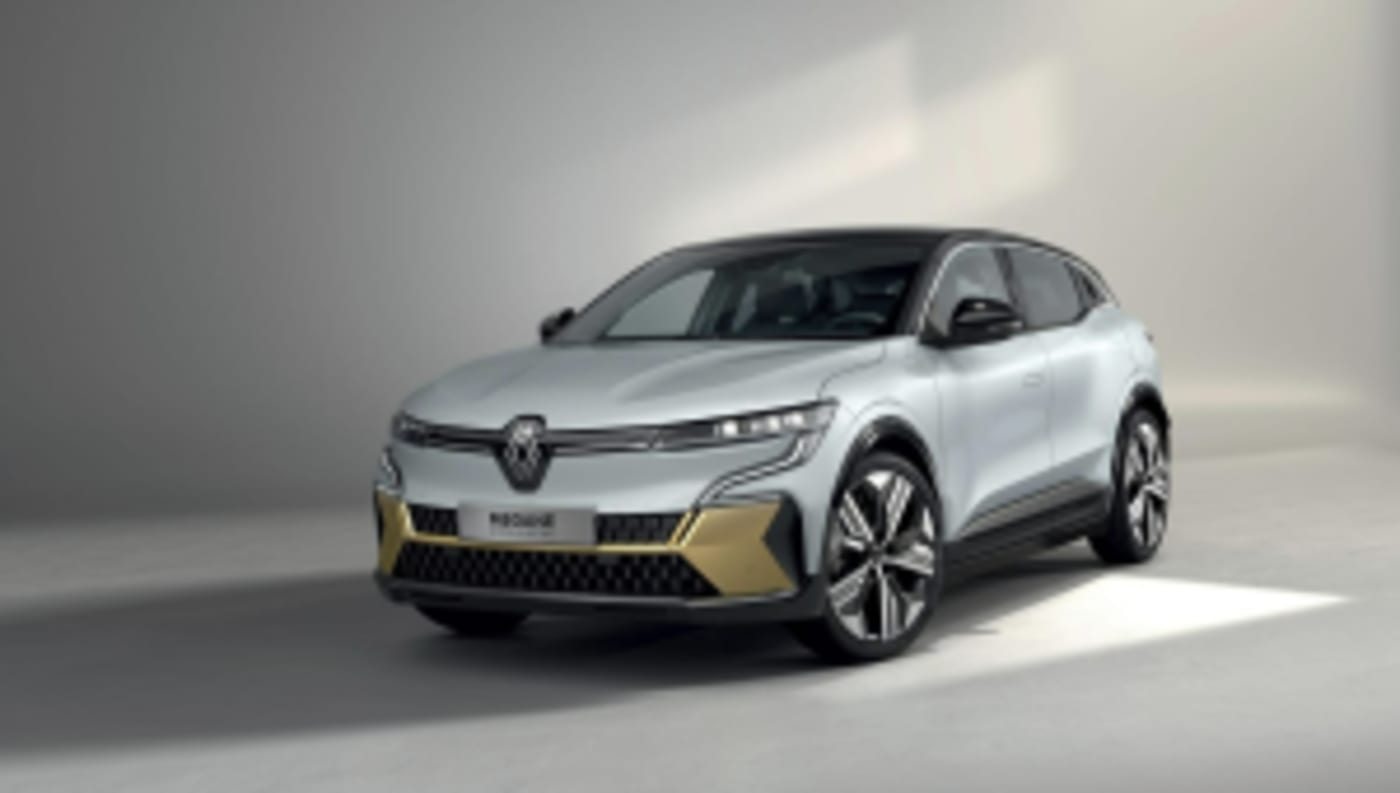
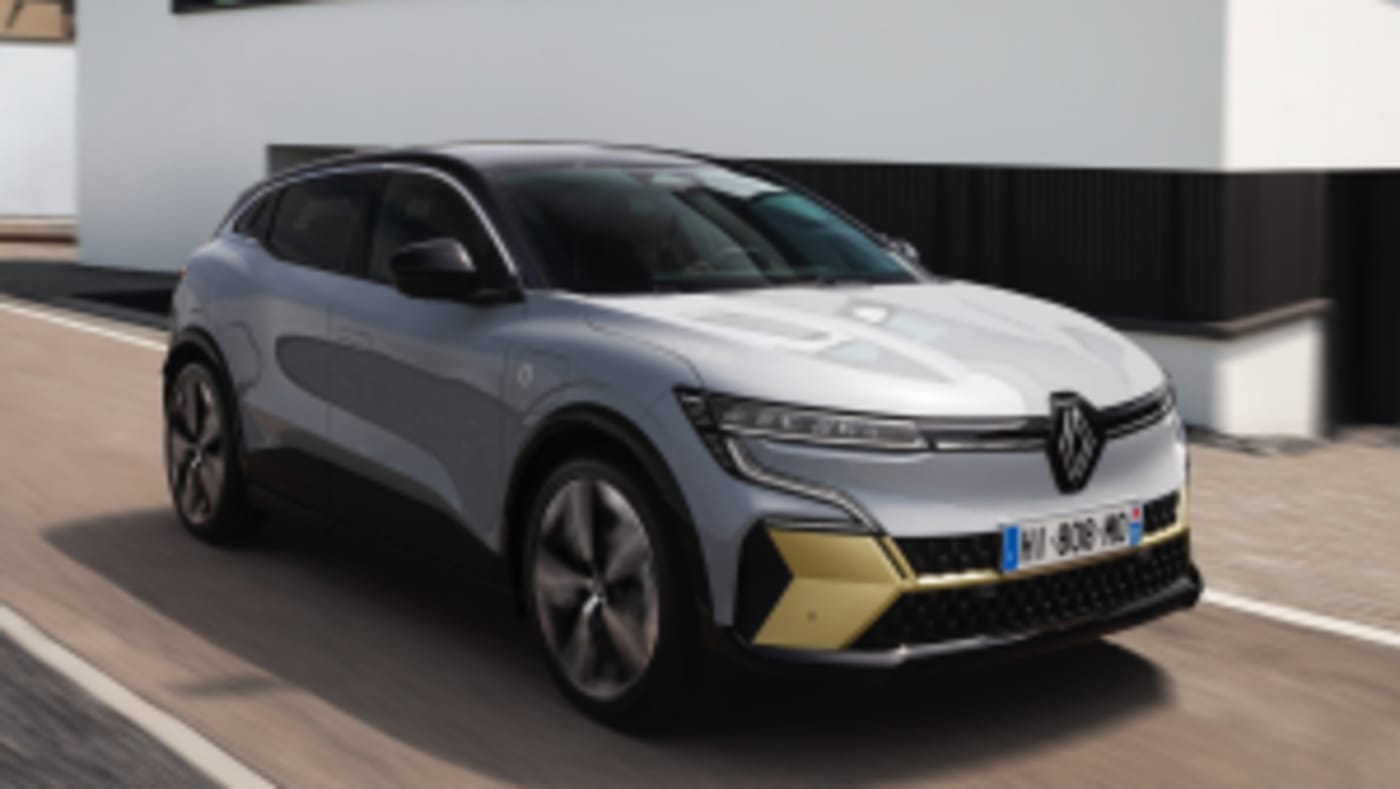
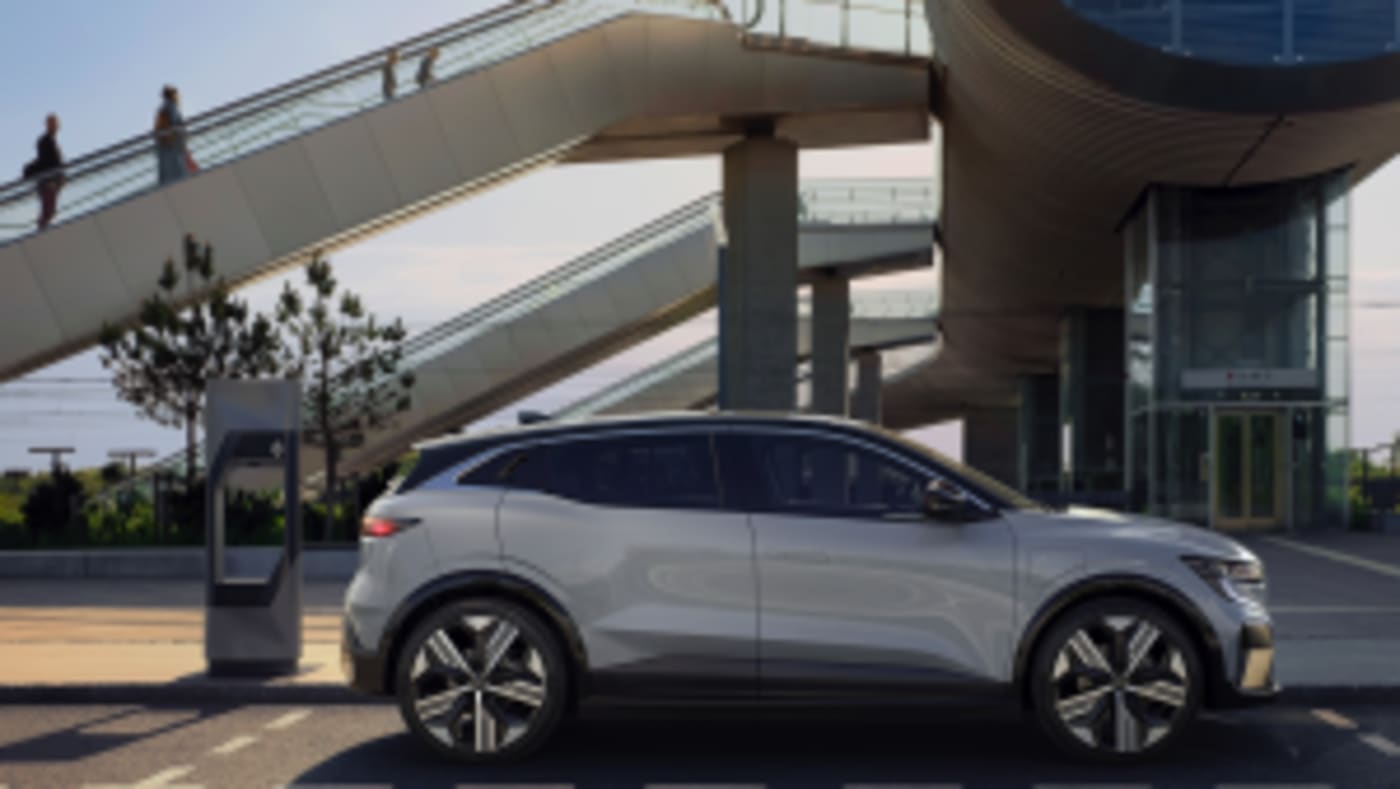
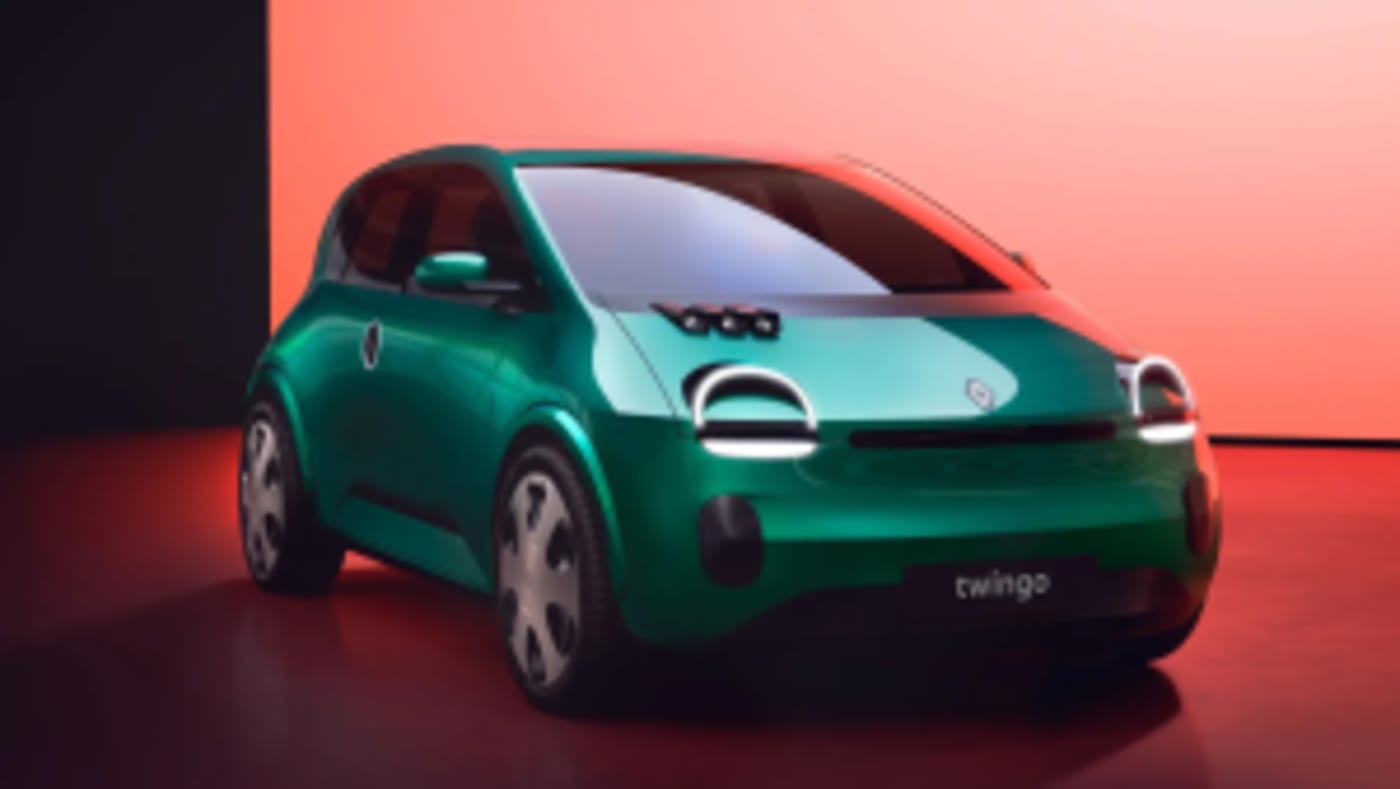
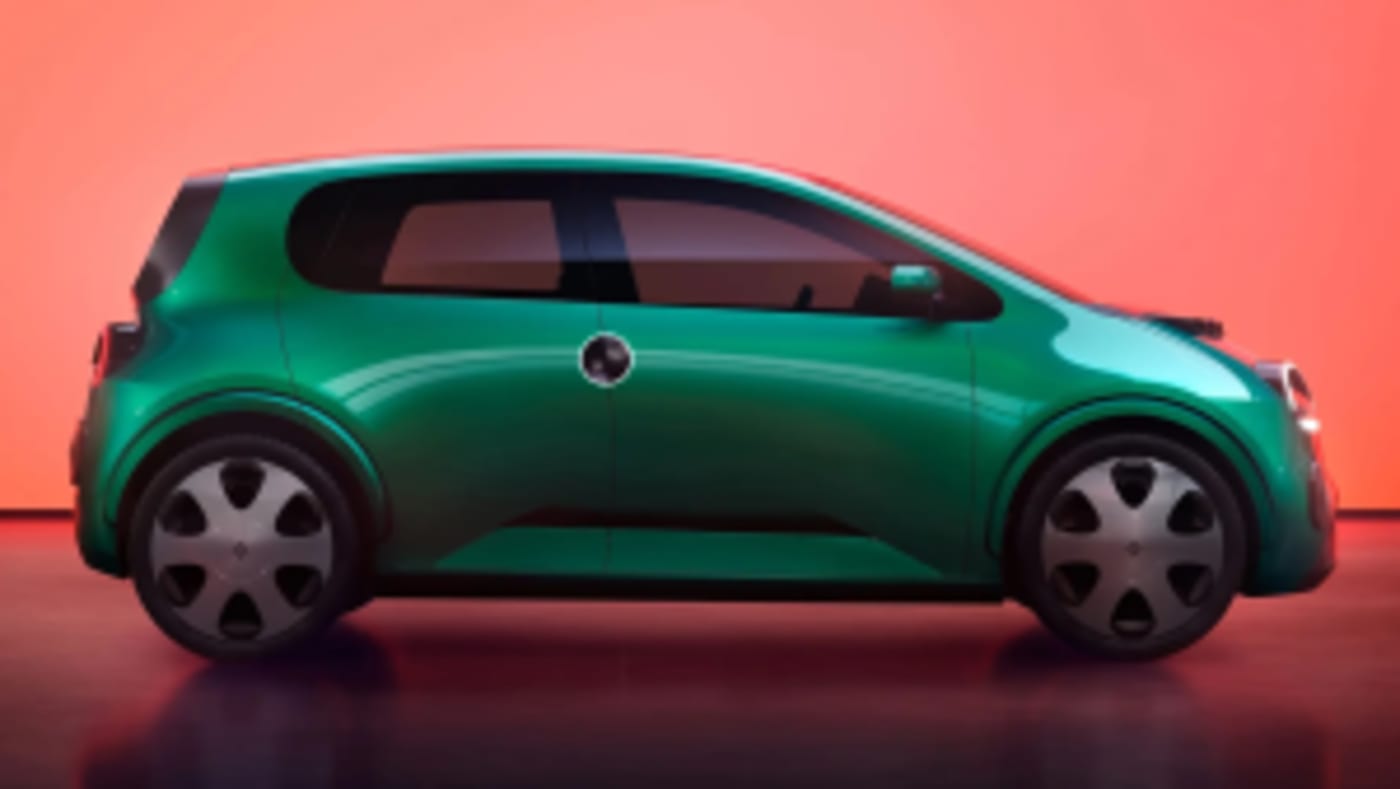
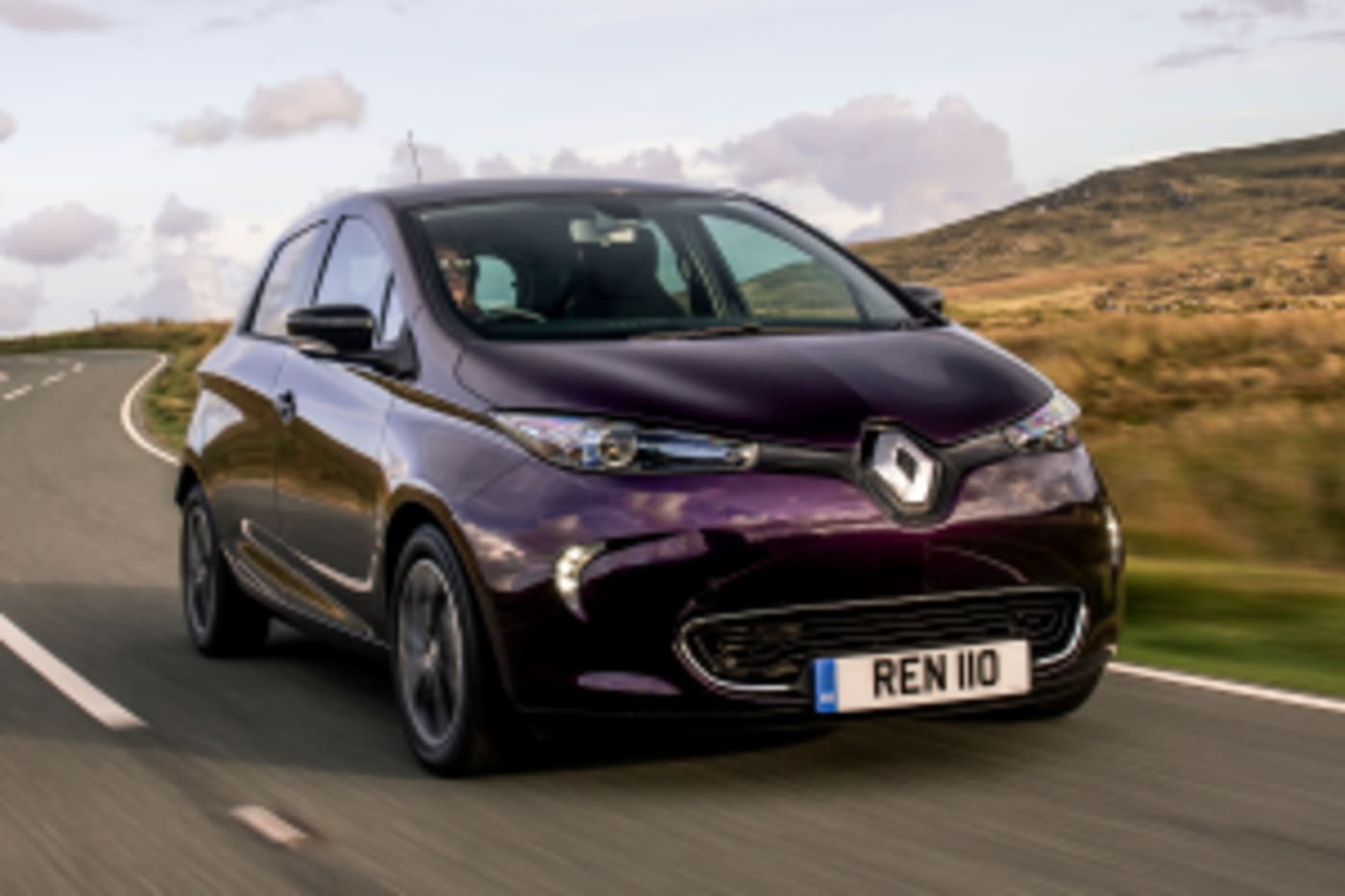
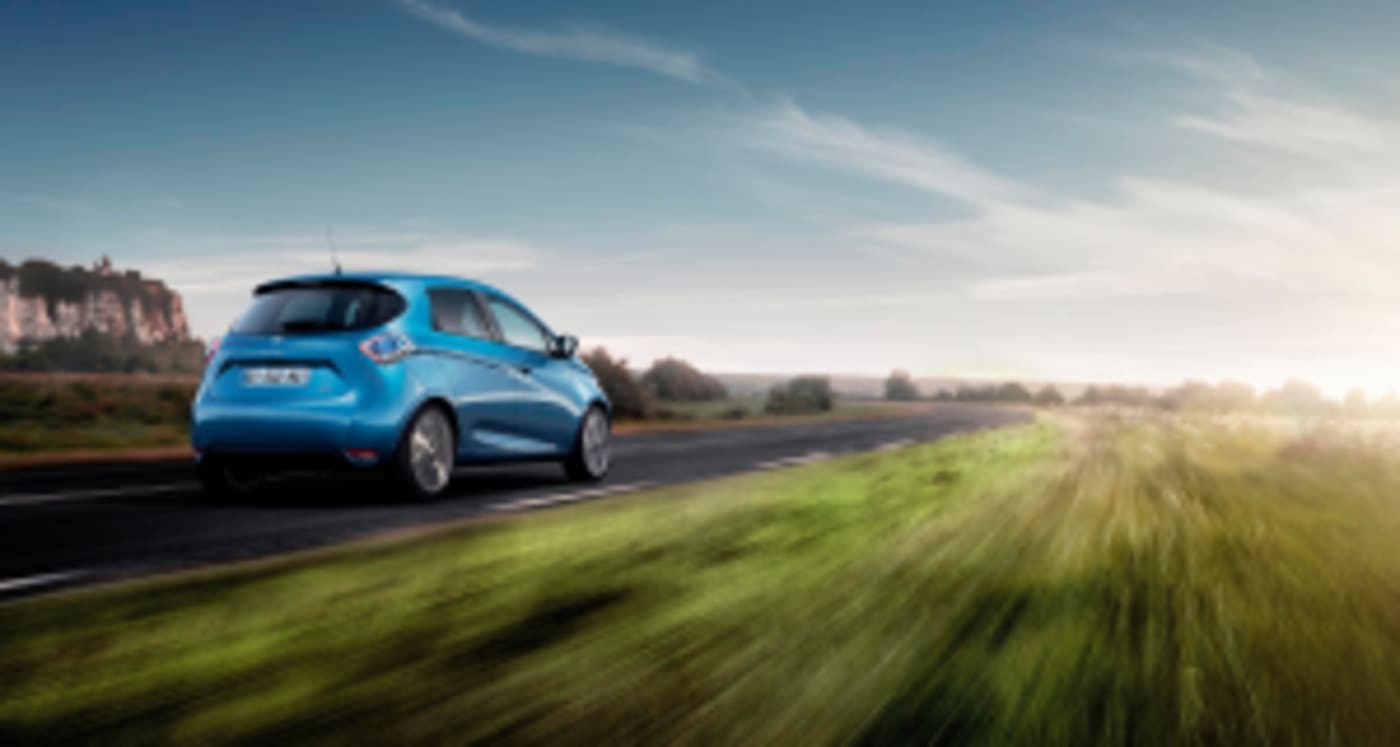
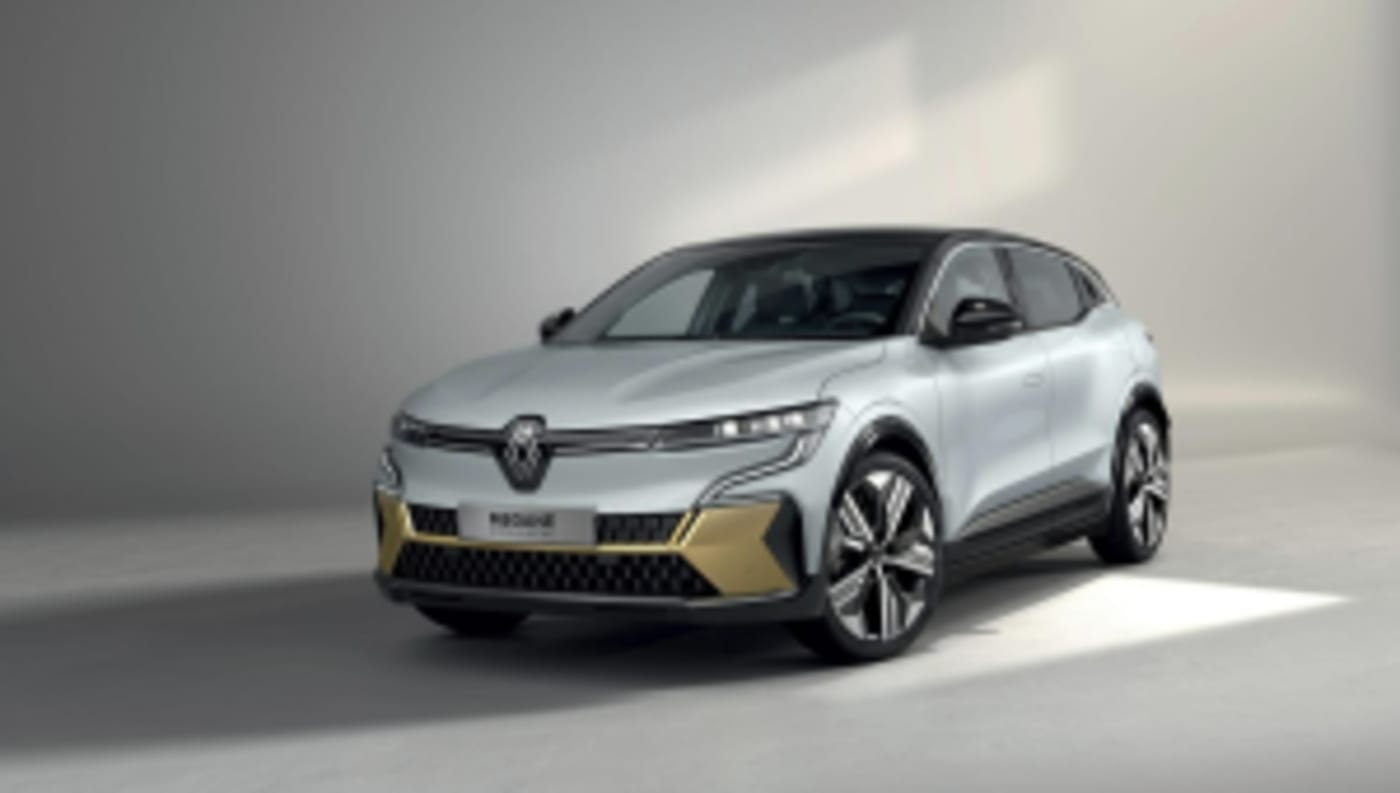
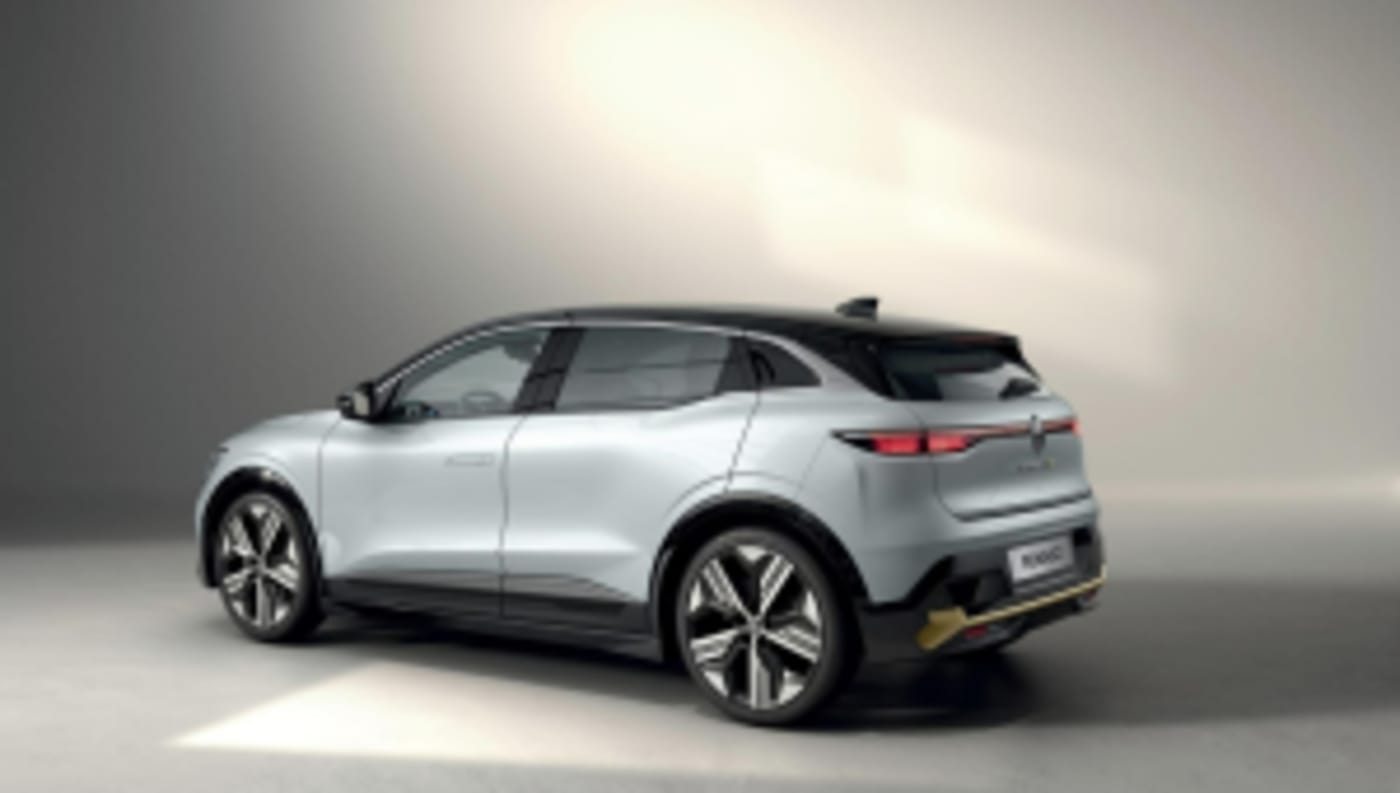
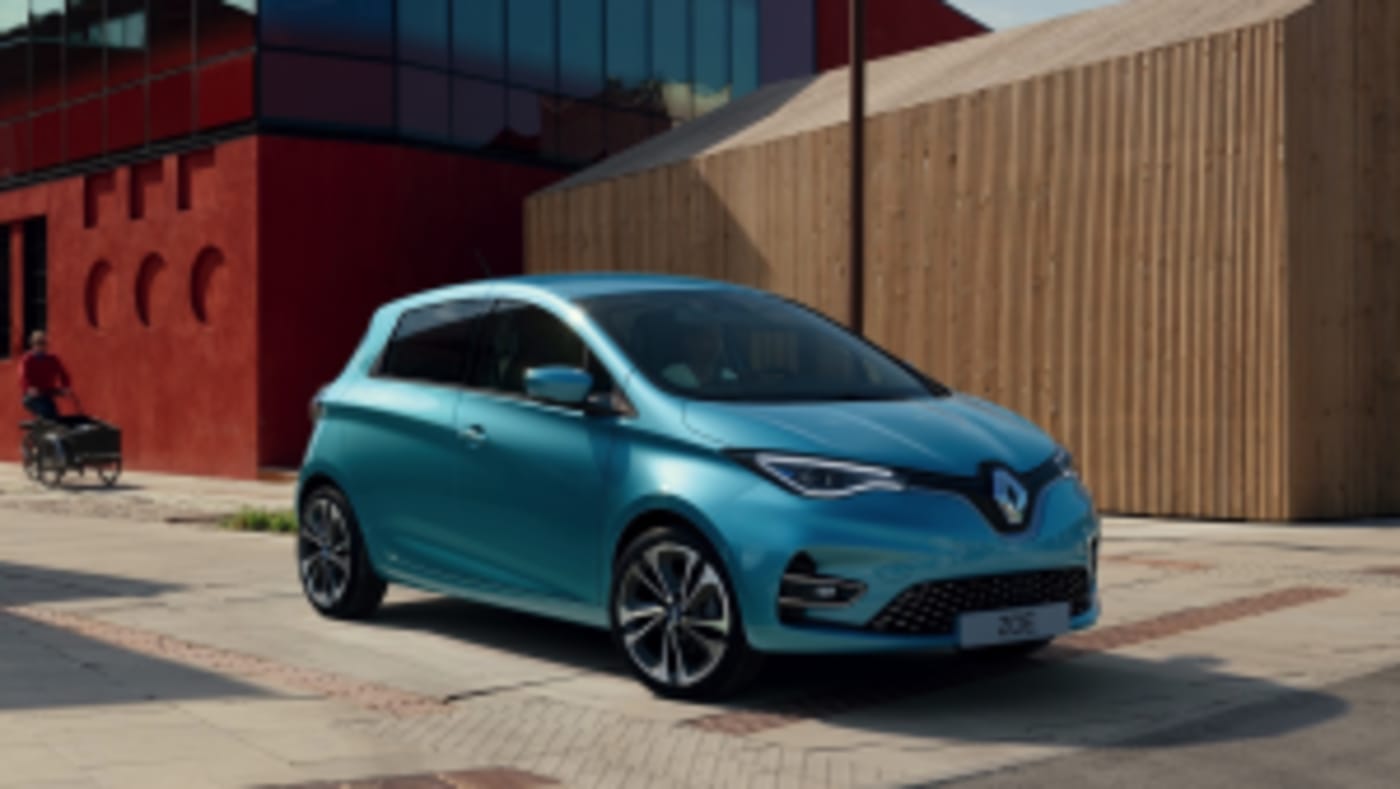
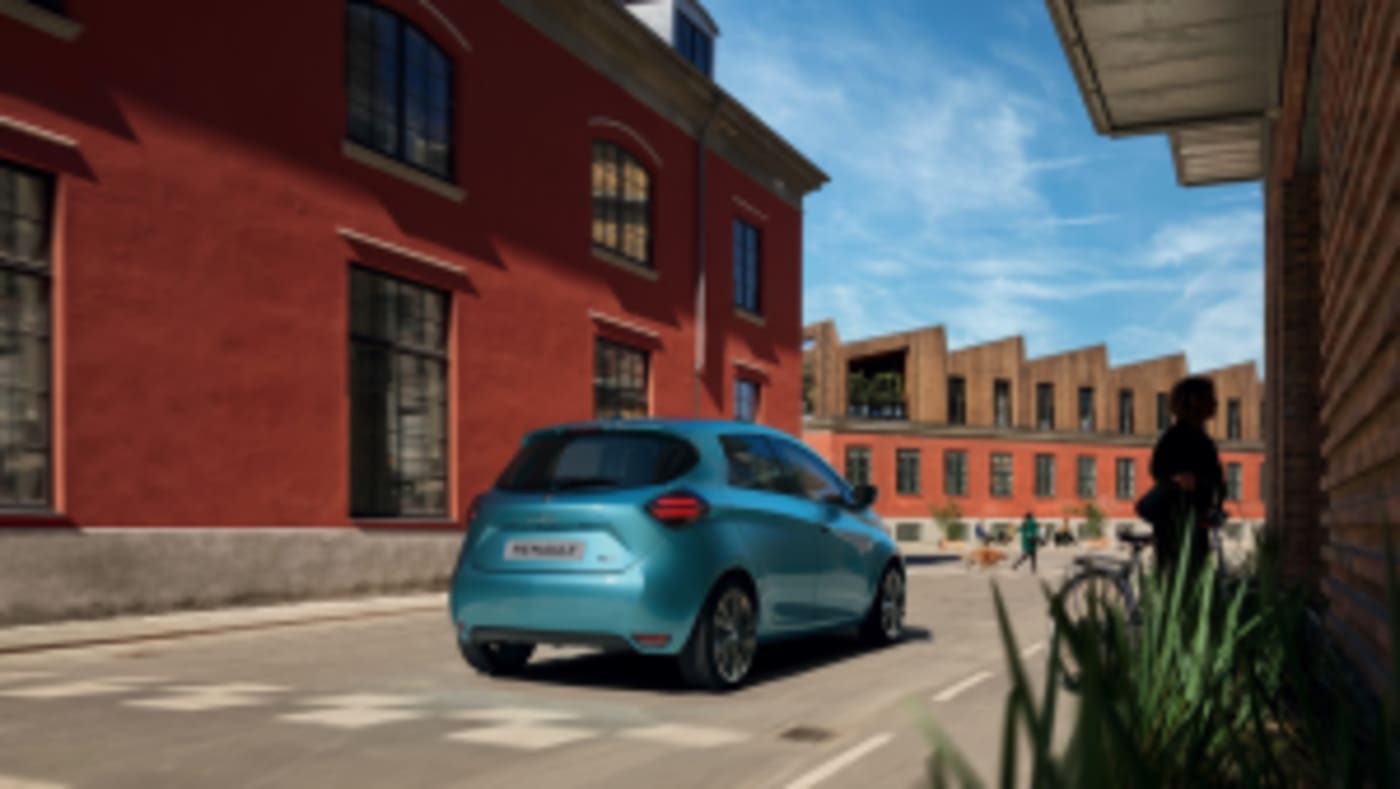

Renault electric vehicles
Renault is a French automaker that has been producing electric vehicles since 1992. Renault is one of the leading EV makers in Europe, and it offers a wide range of electric vehicles, including cars, SUVs, and vans.
Renault's EV business is growing rapidly. In 2022, Renault sold over 90,000 electric vehicles in Europe, a significant increase over the previous year. Renault is aiming to sell 500,000 electric vehicles per year in Europe by 2025.
Renault is successful for a number of reasons. First, Renault has a long history of producing electric vehicles. This gives Renault a number of advantages, such as expertise in electric vehicle technology and a strong brand reputation. Second, Renault offers a wide range of electric vehicles, which gives consumers more choices. Third, Renault EVs are affordable. This makes them attractive to consumers who are looking for a more affordable alternative to gasoline-powered vehicles.
Renault is facing increasing competition from other automakers, such as Tesla, Volkswagen, and BMW. However, Renault has a number of advantages, such as its long history of producing electric vehicles, wide range of electric vehicles, and affordable prices. Renault is also well-positioned to expand into new markets, such as the United States and China.
Here are some of the most popular Renault electric vehicles:
- Renault Zoe: The Renault Zoe is a subcompact electric hatchback that offers a range of up to 245 miles on a single charge. It can accelerate from 0 to 60 mph in 9.5 seconds. The Zoe comes standard with front-wheel drive and a suite of advanced safety features, including automatic emergency braking, lane departure warning, and adaptive cruise control.
- Renault Twingo Electric: The Renault Twingo Electric is a city car that offers a range of up to 186 miles on a single charge. It can accelerate from 0 to 60 mph in 12.9 seconds. The Twingo Electric comes standard with front-wheel drive and a suite of advanced safety features, including automatic emergency braking, lane departure warning, and adaptive cruise control.
- Renault Megane E-Tech Electric: The Renault Megane E-Tech Electric is a compact electric hatchback that offers a range of up to 292 miles on a single charge. It can accelerate from 0 to 60 mph in 7.4 seconds. The Megane E-Tech Electric comes standard with rear-wheel drive or all-wheel drive and a suite of advanced safety features, including automatic emergency braking, lane departure warning, and adaptive cruise control.
What makes Renault EVs different from other brands?+
Renault EVs certainly have some unique characteristics that set them apart from other brands in the electric vehicle market. Here are a few key points to consider:
Affordability: Renault has made a strong focus on offering EVs at competitive and accessible price points. This is particularly evident in models like the Zoe and Twingo ZE, which cater to the budget-conscious segment. Compared to luxury EV brands or even some mainstream offerings from other manufacturers, Renault EVs can be significantly cheaper.
Range and Efficiency: While not necessarily class-leading in terms of range, Renault EVs generally offer decent driving range on a single charge, making them suitable for everyday commutes and city driving. Additionally, Renault has invested in improving the efficiency of their electric motors and battery systems, leading to lower energy consumption and potentially extended range.
Focus on City Cars: Renault has a strong presence in the city car segment, and many of their EVs are designed with urban driving in mind. This translates to compact dimensions, making them easy to maneuver in tight spaces and park. Features like regenerative braking and one-pedal driving can further enhance the driving experience in city traffic.
Unique Design and Features: Renault EVs often boast quirky and distinctive designs, setting them apart from the more conventional look of some other EVs. Features like the charging flap integrated into the Renault badge or the customizable ambient lighting in the Zoe add a touch of personality and flair.
Focus on Charging Infrastructure: Renault has actively partnered with charging network providers to expand charging infrastructure, particularly in Europe. This can make owning a Renault EV a more convenient experience, with readily available charging options at home, work, and on the go.
Renault's EV Lineup: Renault offers a diverse range of EVs, catering to different needs and preferences. From the small and nimble Twingo ZE to the practical Zoe hatchback and the spacious Kangoo van, there's a Renault EV that might fit your lifestyle.
Of course, it's important to remember that these are just some general points, and there will always be variations depending on the specific model and brand comparison. However, I hope this gives you a good overview of what makes Renault EVs stand out in the market.
What are the different models of Renault EVs available?+
Renault offers a diverse range of electric vehicles to cater to various needs and preferences. Here's a brief overview of their current lineup:
Compact Hatchbacks:
- Renault ZOE: The ZOE is Renault's longest-running EV and remains a popular choice for city driving. It comes in two battery options, offering up to 245 miles of range WLTP. It's known for its affordability, practicality, and spacious interior.
- Renault Megane E-Tech Electric: Launched in 2022, the Megane E-Tech Electric is a stylish and modern hatchback built on Renault's dedicated EV platform. It boasts a sleek design, advanced technology, and a driving range of up to 280 miles WLTP.
City Cars:
- Renault Twingo E-Tech Electric: The Twingo E-Tech Electric is a fun and playful city car with a quirky character. It's perfect for zipping around town and offers a decent range of up to 182 miles WLTP.
SUVs and Crossovers:
- Renault Captur E-Tech Plug-in Hybrid: The Captur E-Tech Plug-in Hybrid combines an electric motor with a gasoline engine, offering up to 31 miles of pure electric range and lower overall emissions. It's a versatile option for those who need the occasional longer journey.
- Renault Scenic E-Tech Electric: The Scenic E-Tech Electric is a spacious and practical SUV with a comfortable ride and plenty of room for passengers and cargo. It offers a range of up to 249 miles WLTP and comes with an optional solar roof for additional range.
Vans:
- Renault Kangoo E-Tech Electric: The Kangoo E-Tech Electric is a practical and efficient van for urban deliveries and small businesses. It offers a range of up to 177 miles WLTP and a generous cargo capacity.
- Renault Master E-Tech Electric: The Master E-Tech Electric is a larger van for bigger cargo needs. It offers a range of up to 126 miles WLTP and can be configured in various lengths and body styles.
This is just a glimpse of Renault's EV lineup. They also have concept cars like the R5 E-Tech electric prototype, hinting at their future plans for even more exciting battery-powered vehicles.
How much do Renault EVs cost?+
The price of Renault EVs can vary depending on the model and trim level, but they are generally considered to be some of the most affordable electric cars on the market. Here is a brief overview of the starting prices for some of Renault's most popular EVs:
- Renault Zoe: The Zoe is a small hatchback that is perfect for city driving. It has a starting price of £29,995 in the UK and €32,740 in France.
- Renault Twingo Electric: The Twingo Electric is an even smaller car than the Zoe, and it is even more affordable. It has a starting price of £17,345 in the UK and €21,490 in France.
- Renault Kangoo E-Tech: The Kangoo E-Tech is a van that is perfect for businesses or families who need a lot of space. It has a starting price of £37,075 in the UK and €37,300 in France.
- Renault Master E-Tech: The Master E-Tech is a large van that is perfect for businesses who need to transport a lot of cargo. It has a starting price of £45,915 in the UK and €55,800 in France.
In addition to the purchase price, it is also important to consider the cost of charging an electric car. The cost of charging will vary depending on the electricity rates in your area and how often you drive. However, as a general rule of thumb, it is much cheaper to charge an electric car than to fill up a gasoline car.
What is the range of Renault EVs?+
The range of Renault EVs can vary quite a bit depending on the specific model, battery size, and driving conditions. However, here's a general overview:
Official WLTP Range:
- Renault Zoe: Up to 239 miles 385 km) with the 52 kWh battery (Iconic R135 and GT Line R135), 238 miles (383 km with the R110 motor.
- Renault Megane E-Tech Electric: Up to 292 miles 470 km) with the 60 kWh battery, 233 miles (375 km with the 40 kWh battery.
- Renault Kangoo E-Tech Electric: Up to 153 miles 246 km with the 52 kWh battery.
Real-World Range:
- Expect these official ranges to drop in real-world driving due to factors like:
- Driving style: Aggressive acceleration and high speeds will deplete the battery faster.
- Weather: Cold temperatures can significantly reduce range.
- Terrain: Hilly roads and frequent use of accessories like air conditioning will also impact range.
Estimates:
- Renault provides some real-world range estimates, such as 233 miles in summer and 150 miles in winter for the Zoe E-Tech.
- Online resources like EV Database offer average real-world ranges based on user data, for example, 315 km for the Zoe ZE50.
Tips:
- Consider your typical driving needs and choose an EV with a range that comfortably covers your daily distances.
- Use efficient driving techniques and adapt your habits to maximize range e.g., gentle acceleration, pre-heating before driving in cold weather.
- Take advantage of public charging infrastructure when needed.
Ultimately, the best way to determine the real-world range of a specific Renault EV is to research online, test drive the vehicle, and consider your individual driving habits.
How long does it take to charge a Renault EV?+
The charging time for a Renault EV depends on several factors, including:
- Model: Different Renault EVs have different battery sizes and charging capabilities. For example, the popular Zoe can charge from 0 to 100% in:
- 2 hours and 37 minutes: With a standard 22 kW AC charging station.
- 42 minutes: With a 50 kW DC fast charging station optional on some versions.
- 9 hours and 25 minutes: With a 7 kW home wallbox.
- Starting battery level: It takes less time to top up a partially depleted battery than to charge it from empty.
- Charger type: Home outlets are the slowest, while dedicated EV chargers and DC fast chargers are much quicker.
- Environmental factors: Colder temperatures can slow down charging.
Here's a general guide to Renault EV charging times:
| Charger type- | Charging time 0-100% | Notes |
|---|---|---|
| Home outlet 3 kW | Over 24 hours | Slowest option, suitable for emergency top-ups only. |
| Wallbox 7 kW | Up to 9 hours | Convenient and faster than a home outlet. |
| Standard AC charging station 22 kW | Up to 3 hours | Widely available at public charging stations and offers good charging speed. |
| DC fast charging station 50 kW | 30-45 minutes | Available on some Renault models, ideal for quick top-ups while on the go. |
To get a more accurate estimate for your specific Renault EV, please tell me which model you have and what type of charger you're interested in.
What are the maintenance requirements for a Renault EV?+
The maintenance needs for a Renault EV are generally simpler and less frequent than for a gasoline-powered car due to the lack of a complex engine and fewer moving parts. However, there are still some important checks and procedures to follow depending on the specific model, driving conditions, and annual mileage. Here's a breakdown:
General Maintenance:
- Frequency: Recommended annually in most cases, though specific timeframes are listed in your owner's manual.
- What's checked: Tyres, lights, cabin air filter, coolant, 12V battery, brake fluid, and various components of the electric motor and charging system.
- Who can do it: Approved Renault dealers are recommended for optimal service and specialized knowledge.
Additional considerations:
- Battery health: As the most crucial component, Renault guarantees their EV batteries for a specific period e.g., 8 years for ZOE with a minimum capacity retention of 66%. Regular check-ups at Renault dealers are advised for battery health evaluation.
- Service intervals: Depending on the model and driving style, some Renault EVs may need additional service every 12 months or 20,000 kilometers. Refer to your owner's manual for details.
- DIY maintenance: Avoid working on high-voltage systems yourself! Only trained technicians with the proper equipment should handle the traction battery and other electrical components.
Resources:
- Renault UK EV Maintenance: Link
- Renault Group Guide to EV Maintenance: Link
- Lookers Renault EV Service Plans: Link
Remember, the most important factor is following the maintenance schedule in your owner's manual for your specific Renault EV model. This will ensure optimal performance, safety, and longevity for your vehicle.
Does Renault offer any tax credits or incentives for purchasing an EV?+
Unfortunately, I don't have enough information to answer your question accurately. While Renault does offer EV incentives in some countries, the specific programs and benefits vary depending on location. To give you a precise answer for Ho Chi Minh City, Vietnam, I'd need to research the current Renault EV incentives specifically applicable there.
What is the warranty on a Renault EV?+
The warranty on a Renault EV, like most car warranties, actually consists of two separate components:
1. General Vehicle Warranty:
- This covers defects in materials and workmanship for the non-electric powertrain components engine, transmission, etc.
- Duration: Generally 3 years with unlimited mileage for the first 24 months, then limited to 100,000 miles or 3 years, whichever comes first. For Light Commercial Vehicles LCVs, the limit is 3 years with 100,000 miles.
- Coverage: Repairs or replacements for covered parts at an authorized Renault dealership.
2. Electric Powertrain Warranty:
- This specifically covers the electric motor, battery, and other EV-specific components.
- Duration: 8 years or 100,000 miles, whichever comes first. For Kangoo E-Tech 33 kW and Master E-Tech 33 kW, it's 5 years or 62,000 miles.
- Coverage: Repairs or replacements for covered parts at an authorized Renault dealership.
- Battery Capacity: Additionally, the warranty covers battery replacement if its capacity falls below 70% before the age and mileage limits mentioned above.
Here are some additional points to note:
- Specific warranty terms and conditions may vary depending on the model year, country, and dealership.
- You can find the detailed warranty document for your specific Renault EV on the Renault website or in your owner's manual.
- Renault also offers optional extended warranties beyond the standard terms.
Where can I learn more about Renault EVs?+
There are many resources available to learn more about Renault EVs, depending on what you're most interested in! Here are a few options:
Official Renault Websites:
- Renault Global: This website gives a general overview of Renault's EV lineup, including features, specifications, and model comparisons. You can also find information about Renault's commitment to electric mobility and upcoming models: Link
- Renault EV Website: This website focuses specifically on Renault's electric car models. You can explore individual models like the Megane E-Tech, Zoe, Twingo E-Tech, and Kangoo E-Tech, see detailed specifications, compare models, and find local dealerships: Link
News and Reviews:
- Electric Vehicle News Websites: Websites like Electrek, InsideEVs, and Autocar offer news and reviews of electric vehicles, including dedicated coverage of Renault EVs. You can find comparisons with other EV brands, test drive reports, and in-depth information about specific features:
- Link
- Link
- Link
- YouTube Channels: Several YouTube channels offer reviews and insights into electric vehicles, including Renault EVs. Channels like Fully Charged Show, WhatCar?, and Auto Express often produce detailed videos with test drives, feature explanations, and comparisons:
- Link
- Link
- Link
Blogs and Forums:
- Renault EV Blogs: Some blogs are dedicated to Renault EVs and offer news, reviews, owner experiences, and tips for prospective buyers. You can find information about charging, maintenance, and living with a Renault EV:
- Link
- Electric Vehicle Forums: Online forums like Reddit's r/electricvehicles and the Tesla Motors Club have dedicated sections for Renault EVs. These forums are a great resource to connect with other owners, ask questions, and learn from their experiences:
- Link
- Link
Additional Resources:
- Renault EV Test Drives: Most Renault dealerships offer test drives of their EV models. This is a great way to experience the car firsthand and see if it's right for you.
- Renault EV Events: Renault often participates in electric vehicle shows and events. These events are a great opportunity to learn about the latest models and technologies, ask questions to representatives, and compare different electric car options.
